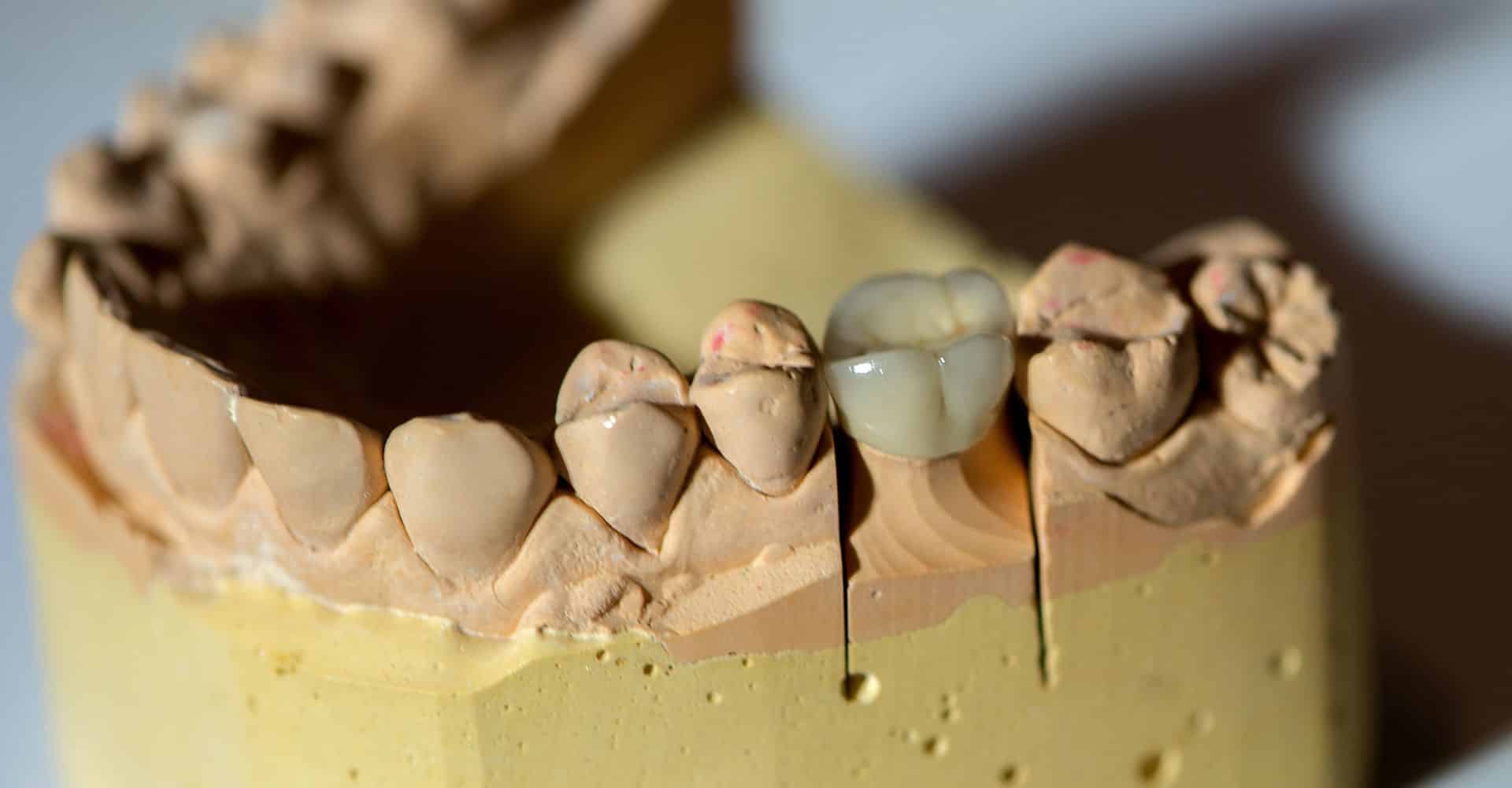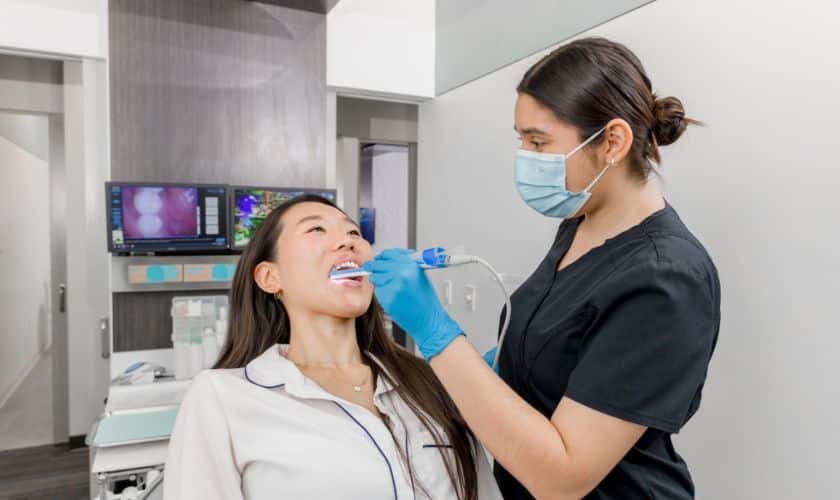Pearl Dental Blog

What Do You Need To Know About Your Dental Crowns Appointment?
Here we have compiled a list of information you need to know before committing to dental crowns.
Feeling nervous is not unusual when you’re told you need a dental crown. Aside from the obvious fact that it requires some drilling, many people wonder how long they’ll be in the chair and if the procedure will be painful. Fortunately, crowns are relatively quick and easy, so let’s look at all your questions about the process.
What Is A Dental Crown?
A dental crown is an artificial cap to cover or restore a damaged tooth. It can support weakened teeth by taking on much of their load during chewing and grinding; it also protects against further damage due to decay or trauma. Crowns can be made of metal, porcelain, or a combination of both. The type of material used will depend on the location and function of the crown.
The Process Of Getting Dental Crowns
Your dentist must prepare your tooth for a crown by filing down the enamel so it can fit properly. This is done with a local anesthetic to ensure you’re comfortable throughout the process. Afterward, your dentist may take impressions of your teeth to create a model for the new crown, which takes about two weeks to be made in a lab. Once it’s ready, they’ll check its fit and permanently cement it onto your tooth.
How Long Does The Process Take?
Depending on how many appointments are required, the process can take anywhere from one to three weeks. Your first appointment will involve examining your tooth and taking impressions, which takes about one hour. Then, if you have a lab-made crown, you’ll need to come back for a second appointment when it arrives at the dental office. This appointment is usually shorter and involves cementing the crown in place – typically lasting around an hour.
How To Prepare For a Dental Crown Appointment?
Preparing for Dental Crowns Making an Appointment
- Research local dentists and ensure they are qualified and experienced in placing dental crowns.
- Contact the office to discuss the procedure and ask any questions you have.
- Schedule an appointment for a consultation and procedure.
Getting Ready for the Procedure
- Make sure that you are up to date on any routine dental checkups and cleanings.
- Inform your dentist of any health conditions or medications you are taking that may affect the procedure.
- Avoid eating or drinking anything for at least two hours before the procedure.
- Arrive at the appointment on time and with all necessary documents. Preparing for Aftercare
- Ask your dentist about any dietary restrictions necessary after the procedure.
- Ask about any medications you may need to take after the procedure and make sure you have them on hand.
- Have a plan for how you will manage any pain or discomfort after the procedure.
- Ask about any follow-up appointments.
FAQs
Q: Does getting a dental crown hurt?
A: Getting a crown shouldn’t hurt, as you’ll be given a local anesthetic before the procedure begins. It’s possible, however, that you may experience some discomfort afterward due to the pressure of the crown on your teeth. If this occurs, let your dentist know so they can make any necessary adjustments.
Q: How long does it take for my new dental crown to settle in?
A: The process of settling in will depend on how well your mouth has adapted to the new piece. Generally speaking, it should take about two weeks for your new crown to feel comfortable and normal.
Q: Is it necessary to replace my dental crown?
A: Generally speaking, a good dental crown should last up to 15 years. However, if you experience any changes in the fit or comfort of your crown over time, it may be time for a replacement. Be sure to visit your dentist regularly so they can check your crowns for wear and tear.
Ultimately, getting a dental crown should not be a hassle at all. If you take good care of your teeth by brushing and flossing regularly and seeing your dentist twice a year or more, there’s no reason why the procedure cannot last long enough for you to get on with your day without disruption.
Just remember to be patient and follow your dentist’s instructions – they know what they’re doing!



